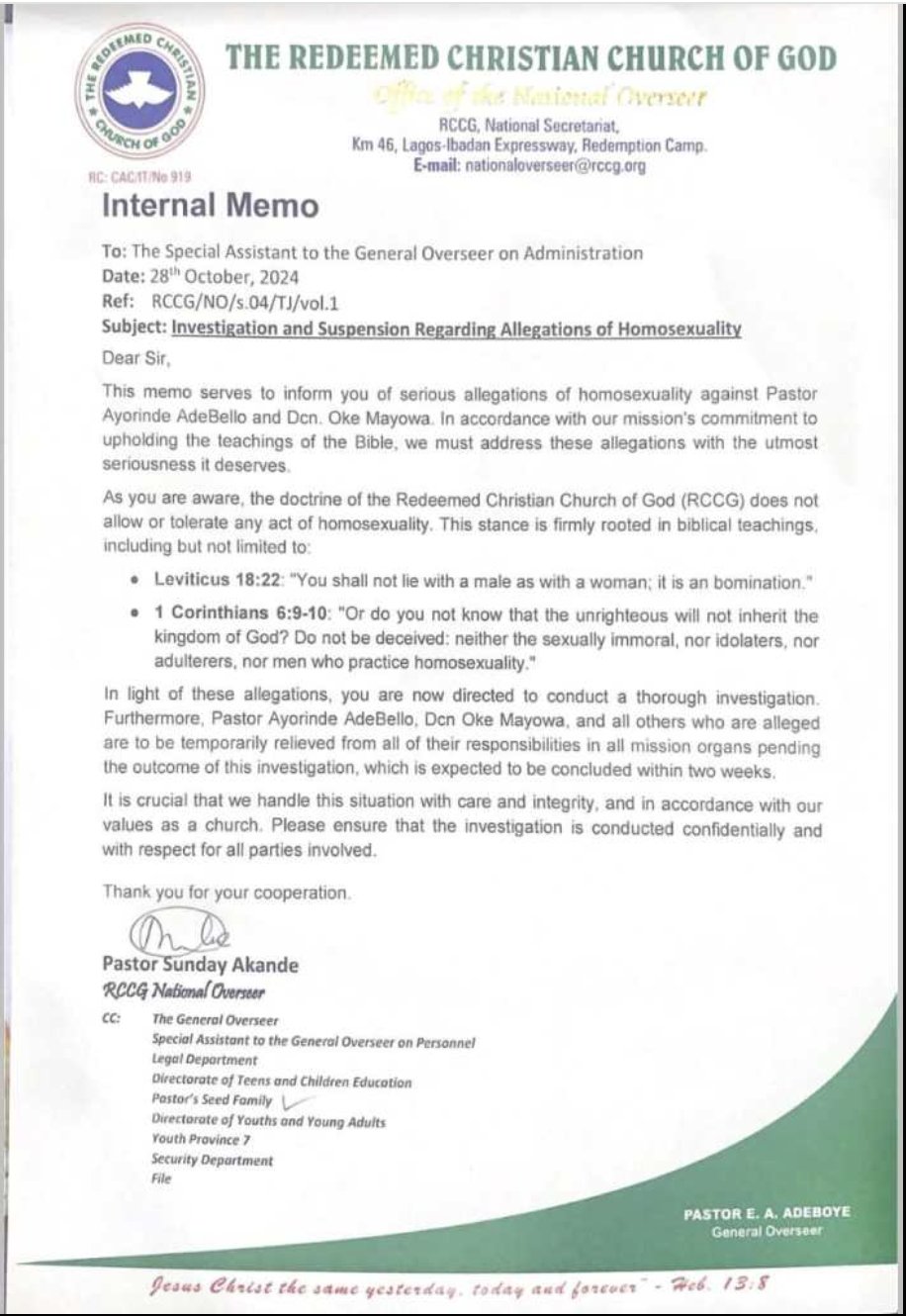Harry Belafonte, the celebrated performer who won Grammy, Emmy, Tony, and honorary Oscar awards for his contributions to entertainment, passed away at the age of 96 at his residence in Manhattan. "Banana Boat (Day-O)," his popular hit from 1956, helped to introduce calypso music to a wider audience. According to Ken Sunshine, Belafonte's representative of many years, the cause of death was congestive heart failure, as confirmed to EW.
Belafonte became a prominent performer in the 1950s, achieving stardom through his roles in movies such as Carmen Jones (1954), Odds Against Tomorrow (1959), and The World, the Flesh and the Devil (1959), as well as his successful music career, which reached new heights after the release of his album Belafonte in 1955.
Despite his numerous accomplishments, Belafonte considered himself primarily a "civil rights warrior." He remained committed to social justice throughout his life, from his close relationship with Martin Luther King, Jr. to his ongoing humanitarian work. Off-screen, Belafonte marched alongside King, Jr. and was appointed a UNICEF Goodwill Ambassador in 1987.
In 2014, the Academy recognized his humanitarian efforts by awarding him the Jean Hersholt Humanitarian Award, an honorary Oscar.
Born on March 1, 1927, Belafonte was the son of Jamaican immigrants residing in Harlem. In the 1940s, he commenced his career by performing in New York City clubs to finance his classes at the Dramatic Workshop of the New School, where he was educated alongside Marlon Brando and Sidney Poitier.
Twice, he made history in acting: becoming the initial Black man to receive a Tony Award (in 1954 for Almanac), and later, the first to win an Emmy Award (in 1959 for An Evening with Belafonte). Nevertheless, his accomplishments as a musician were even more remarkable, as he topped the charts and became known as the "King of Calypso" after his 1956 album, Calypso, broke the record for being the first LP to sell one million copies. Despite not completely embracing the title, his unparalleled appeal across various audiences during the early days of the civil rights movement ensured his position as one of the best-selling recording artists in history.
Throughout his lifetime, Harry Belafonte regularly merged art with social activism, often leading to controversy. In the 1967 drama Island in the Sun, he portrayed a man who contemplates a romantic relationship with a white woman (Joan Fontaine). Belafonte went on to organize USA for Africa in 1985, singing on the Grammy-winning single, "We Are the World."
Despite giving up his career as a performer in 2007 to focus on his duties as a UNICEF goodwill ambassador, Belafonte produced a 12-part documentary about his life in 2009. He made his final onscreen appearances in Spike Lee's 2018 Best Picture-nominated film BlackKkKlansman and a 2020 documentary called The Sit In: Harry Belafonte Hosts The Tonight Show, which examined his groundbreaking role as a fill-in host on The Tonight Show in 1968.
In 1988, he famously declared that while the singer may be confined, the song remains free. Belafonte's call for liberation continues to resonate.









Leave a comment